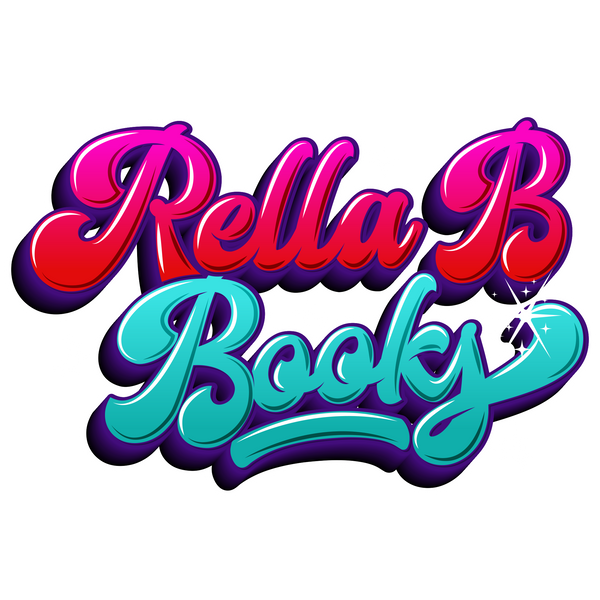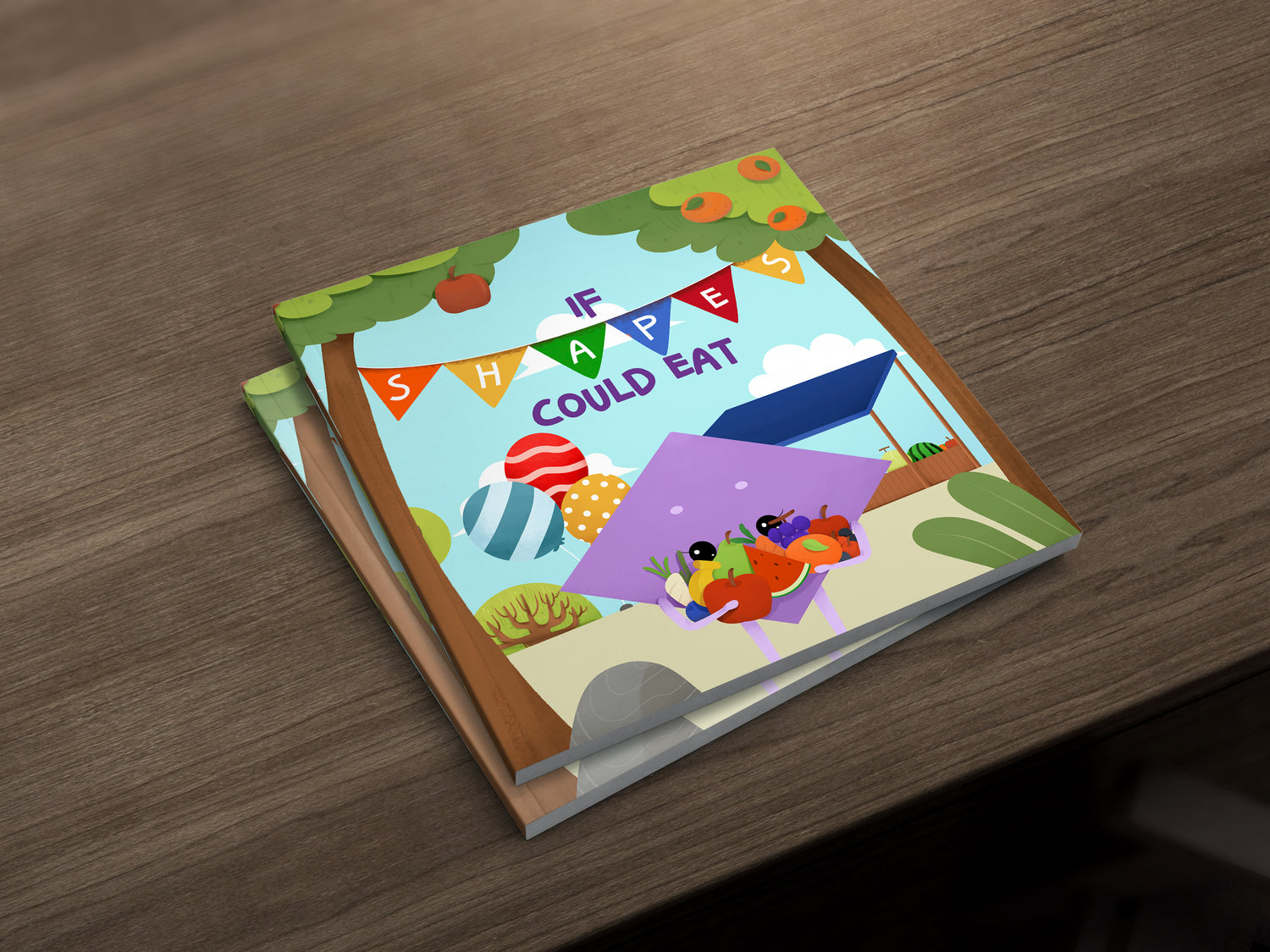Artificial intelligence (AI) has become a new-era sensation in recent times. We can see it doing many things, including writing, coding, creating images, etc.
However the question many parents, teachers, authors, or anyone who wants to write a great kids’ book is “Can AI help with Writing Children’s Books?” if yes, how well can it do that?
A simple and clear answer to this question is yes you can write your children’s book with AI following the level of inspiration and ideas it is capable of giving, however, there are limitations ethical concerns, and guidelines to follow.
In this blog post, we’ll look at the benefits of using AI to assist in writing your children’s book and some of the very important ethics you should follow.
Let’s get started!.
Should You Write A Children's Book Using AI
Here comes the million-dollar question: ‘Should you write a children’s book using AI?’
In simple terms, yes, you can write children’s books with AI because it can serve as a help/assistant for authors. It can offer inspiration and new perspectives.
However, the key here is finding the right balance and maintaining the human touch and creativity in your final work because you wouldn’t want to totally depend on what any AI is spitting out knowing they have their limitations.
Pros and Cons of AI in Children's Books
Here's a concise list of the pros and cons of using AI to write children's books;
Pros
Here are some of the very important benefits of using AI to write children’s books;
Speed
AI generates story ideas rapidly, keeping up with the demand for new content.
Brainstorming Boost
AI provides a continuous flow of creative ideas, eliminating writer's block and fostering a constant stream of imaginative narratives.
Personalization
AI tailors stories to individual readers, creating a bespoke storytelling experience for each child.
Cons
On the other hand, here are some of the downsides of using AI to write children’s books;
Loss of Human Touch
AI might struggle to capture the emotional nuances and warm feelings that make stories special.
Creativity Diversity
More reliance on AI may diminish the varied voices that contribute to the richness of children's literature, potentially resulting in a lack of diversity in storytelling.
Ethics of AI in Children's Book Writing
In the world of AI and what it can do, there are concerns and ethics that have to be followed to ensure the safety and well-being of everyone.
Here are some of the ethics of using AI to write children's books;
Inclusivity and Diversity
Ensure AI-created children's books show different cultures and people so everyone feels included and understood.
Age-Appropriate Content
Creating stories with AI that are okay for how old kids are, so it doesn't have things that might be wrong or too much for them.
Transparency and Accountability
Being clear about how AI helps make the books, telling parents and users how it works, and making sure it's used in a good way.
Bias and Stereotypes
Stopping AI from making books that show wrong or unfair things about people, ensuring it's always fair and positive.
Privacy Concerns
Taking care of how AI uses information about kids, keeping it private, and following rules to keep their stuff safe.
How AI Changes Creative Work
Now that we’re ready, let’s discuss how AI changes the creative world.
Imagine artists, musicians, and even storytellers are starting to use AI. Imagine an AI making a painting, writing a song, or creating a children’s story. It’s like having a high-tech helper for our art.
But wait – does this mean robots are taking over? Not really. AI isn’t here to take over; it’s here to help. It’s helping creators develop new ideas, try new things, and do more than ever.
Our favorite stories are changing, not just in books but online. It’s about maximizing and making good use of the new trends and era of AI.
Finding the Right Mix of AI and Human Touch
Now that we’ve talked about AI's good and bad sides, it’s time to talk about finding the right balance between AI and human touch.
Imagine this: you’re working with AI, and together, you’re making the next big children’s book. It’s a team effort where AI brings speed, new ideas, and personal touches, and you bring the human touch.
The key is balance. It’s like making a perfect recipe – too much AI, and you might lose the heart of your story. It's too little, and you might miss out on the help and creative ideas it can offer.
Think of AI as your helper, not the star. It’s just there to help, not take over. When used right, AI becomes a great partner, helping you tell your story in the best way possible.
Can AI Understand Kids’ Stories?
Now, let’s get to another very important point. Can an AI understand what makes kids’ stories special? Think about a fun story of laughs, tears, and important lessons.
Can AI, even a really smart one, understand the heart of that story?
Yes, AIi can do the math and makeup stories, but can they feel the warmth of a bedtime story from a loving adult? Or do you understand teachers' excitement when sharing a great story with their students?
Remember, it’s not just about telling a story. It’s about making moments that kids remember.
Like the laughter during a funny part, the surprise at a plot twist, and the comfort of familiar characters.
As you would rightly guess, these things go beyond what Artificial Intelligence can do.
Frequently Asked Questions (FAQs)
Here are some of the frequently asked questions regarding this topic;
Is it okay to use AI to write a book?
Yes, it's totally okay. AI can serve as a helpful aid for authors, offering inspiration and new perspectives. However, the key is finding the right balance to maintain the human touch and creativity in the final work.
Can you legally write a book with AI?
In most cases, yes. However, it's crucial to know the terms of service of the specific AI tool you're using. Some platforms restrict commercial use or claim intellectual property rights over generated content.
Can I use ChatGPT to write a children's book?
Absolutely! ChatGPT can be a valuable tool for brainstorming, generating ideas, or even drafting parts of a children's book. Just remember to add your personal touch to make the story uniquely yours.
What is the best AI tool to write a book?
There are several AI tools available for writing, each with its strengths. Some popular ones include OpenAI's GPT-3, ChatGPT, and various natural language processing tools. The "best" tool depends on your specific needs and preferences.
Can AI replace fiction writers?
No, AI cannot replace fiction writers entirely. While it can assist in various aspects of the creative process, the unique human perspective, emotions, and creativity that authors bring to their work remain irreplaceable.
Will AI take over authors?
No need to worry about AI taking over. It's more like having a helpful writing assistant. Authors still hold the reins, making the decisions that shape the story and ensuring the narrative reflects their vision and style. AI is a tool, not a replacement.
Quick One: If you are an Author and looking for a good place to place book adverts, search no more as you can comfortably Advertise on my Podcast and YouTube and get tailored results from my niche audience.
Final Thoughts
So far we’ve established that AI can generally be used by authors, parents, etc. as an assistant in writing children’s books.
However, just as we discussed above, following the ethical guidelines in building a world where AI is a handy tool for writers.
It is not a war between AI and Authors, rather it is finding the sweet spot where AI is most powerful and efficient and maximizing their abilities to our advantage


